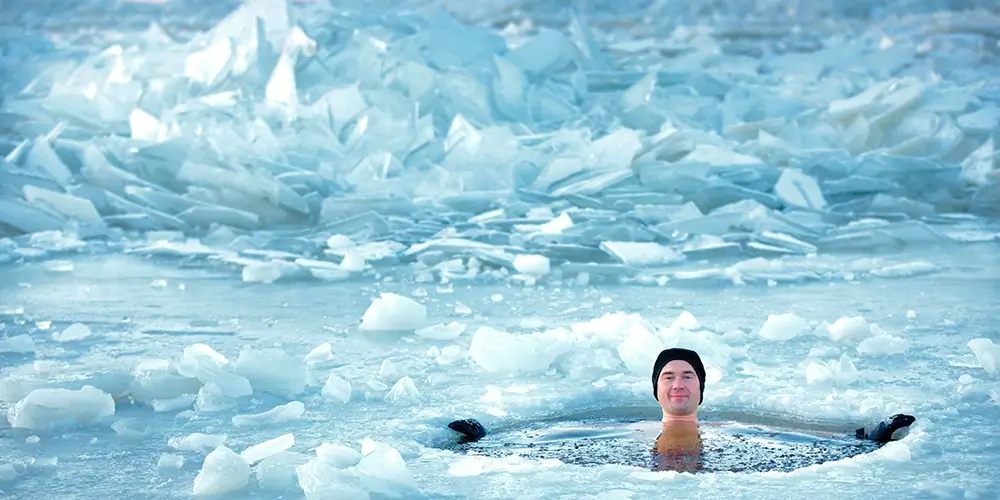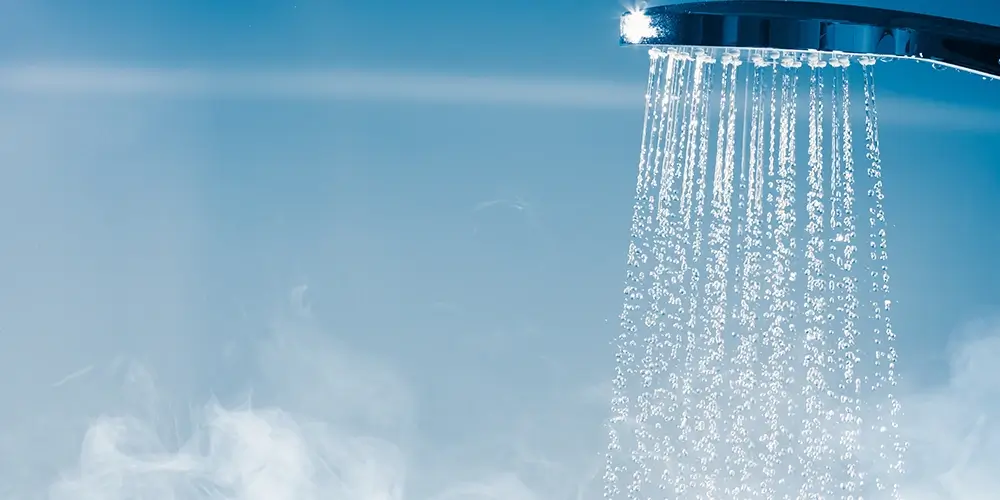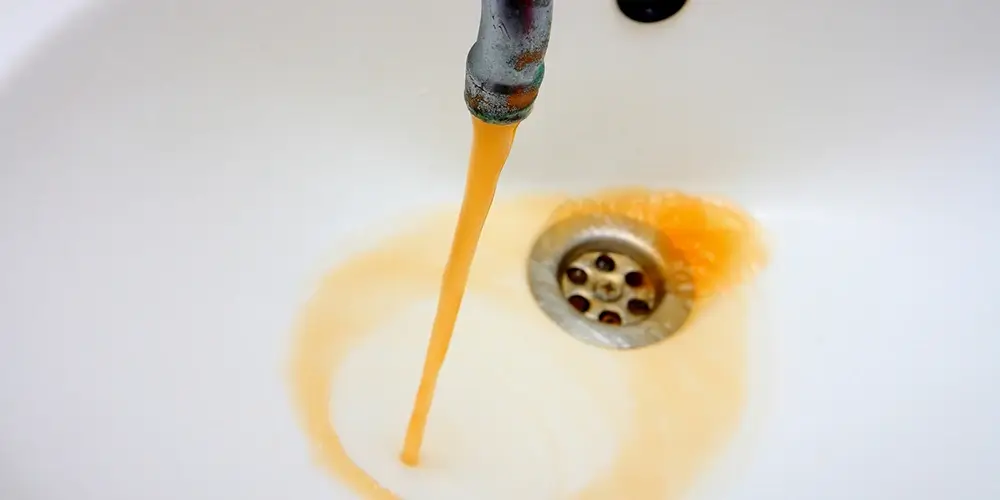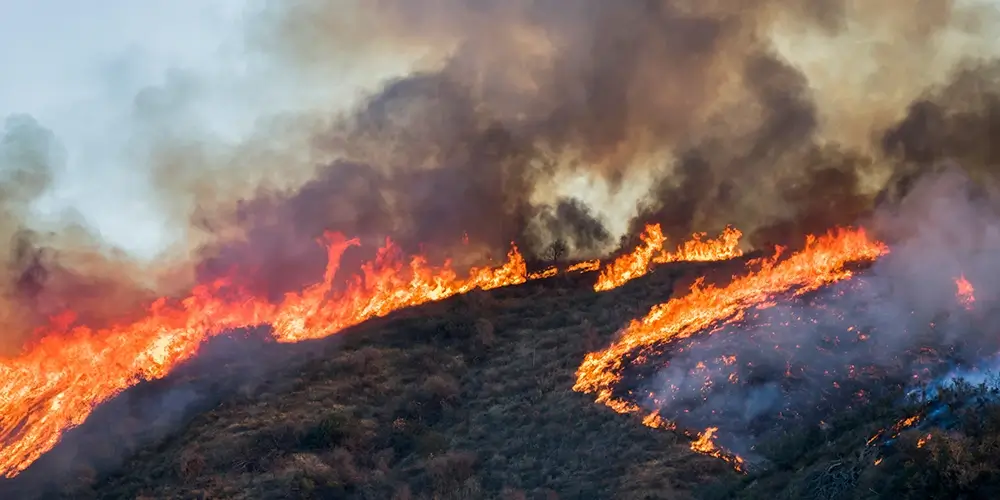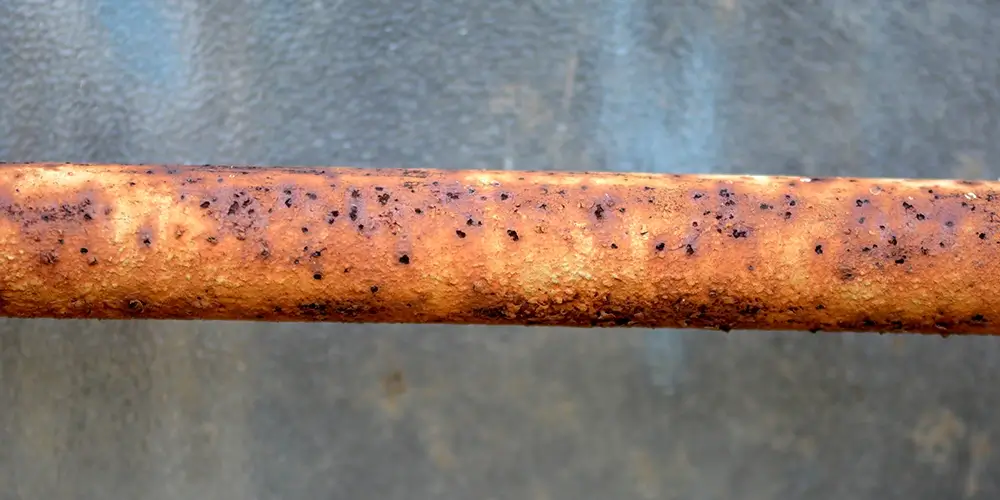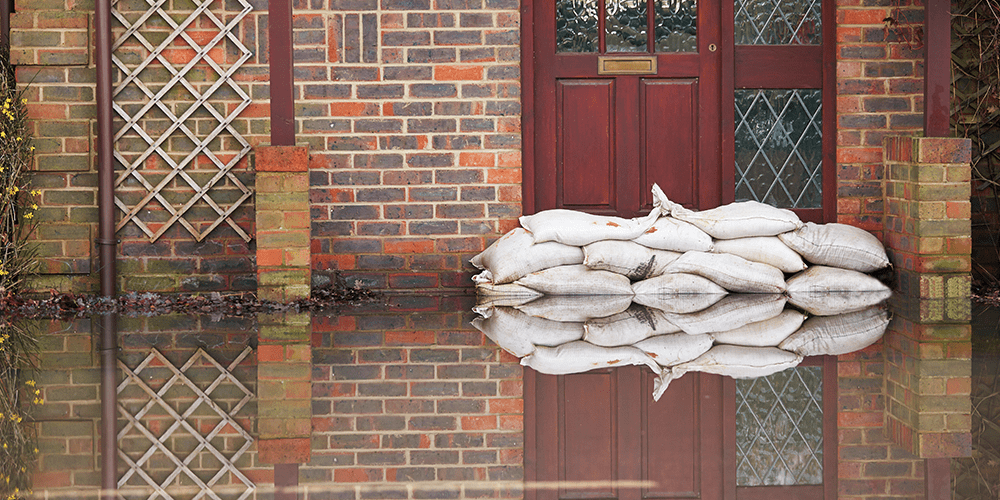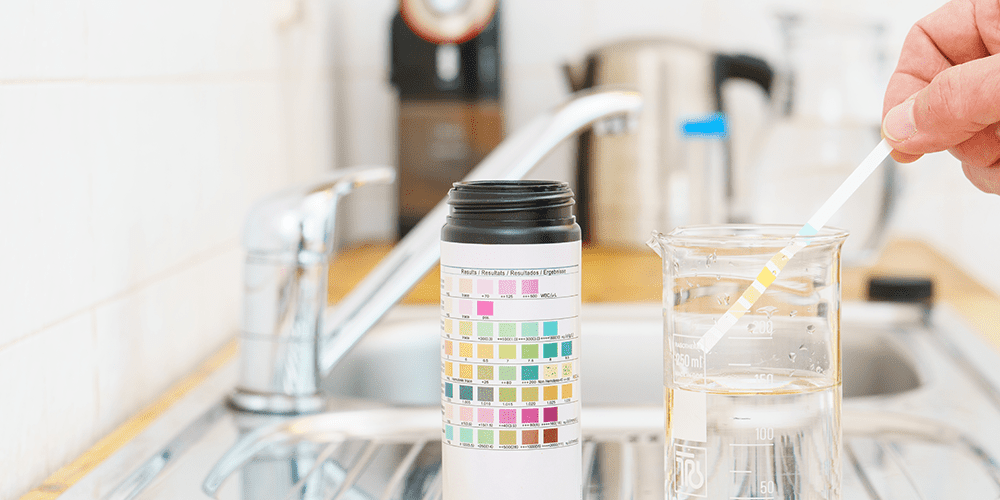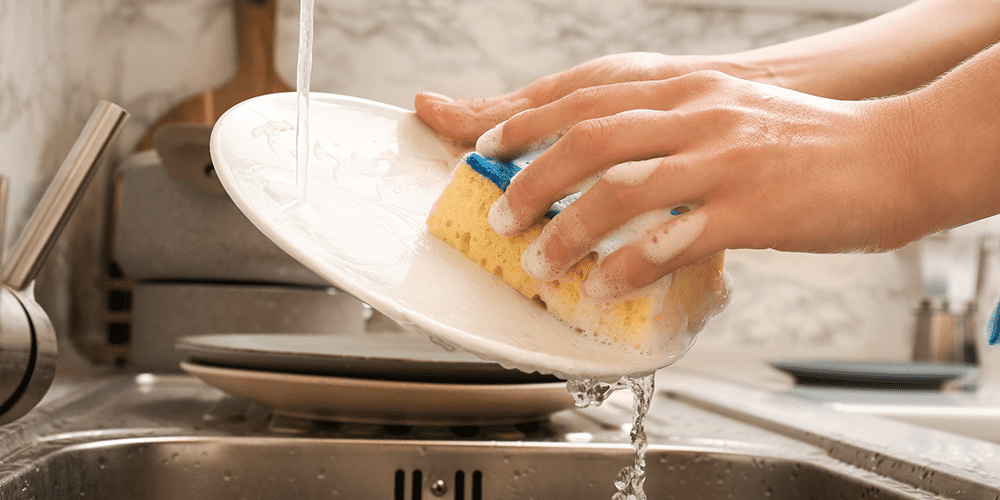All Things Plumbing & HVAC: The Orange Coast Plumbing Blog
Need to know what’s an emergency and which problems can wait? Which problems you can solve DIY? The Orange Coast Plumbing blog helps you understand common plumbing, heating, and air conditioning issues.
Water heaters don’t make popping noises when they’re working as designed.
That popping and crackling comes from exploding particles. Particles of what, exactly?
Particles of sediment. Scale and lime deposits.
The seemingly clear water from your tap is chock full of minerals.
Water heaters should be set to about 120 degrees F. Anything higher carries the risk of scalding at the other end of the pipe.
If 120 degrees seem low, it is — for a bacterium. For humans, it’s more than enough for showers, dishes, and other household tasks where hot water is involved.
Sulpher bacteria thrive in that hot but not-too-hot environment, pitch their tents, and propagate. They have nothing better to do.
Cold showers are great for brown fat activation and controlling inflammation.
They’re not so great for comfort (unless you’re Wim Hof) or keeping the peace in the family.
Standard water heaters last an average of 7-10 years. Their performance often declines as they reach the 10-year mark.
A plumber can give you the lay of the land, report on the condition of your hot water system, replace your water heater if need be, and repair anything that needs fixing — including leaky hot water pipes.
Hot water’s great for coffee, not for baths.
Scalding hot tap water is dangerous, especially for children and seniors. 120 degrees Fahrenheit is the safety recommendation against scalding baths, but 140 degrees is the standard default setting on most water heaters.
Even 120 degrees is too warm for baths; anything over 111.2 degrees puts people and pets at risk. Steam from the bathwater or shower indicates you should turn it down a notch.
When your tap water tap takes on a rust-brown shade, your first reaction might be shock, the second disgust, and the third horror.
Yes, orange water happens, especially in older homes, and if you’re reading this blog, it has probably happened to you.
But is the water safe to use? What should you do about it? Who is responsible? You or the city?
Wildfires can have a devastating and long-lasting impact on water quality. In California, where 1,893,913 million acres of land were burned in 2018 alone, the effects of wildfires are pronounced. Burned watersheds are vulnerable to flooding, erosion, and sedimentation, which can wreak havoc on reservoirs and drinking-water treatment processes.
The fire intensity can change the runoff chemistry enough to alter a watershed’s ability to support an aquatic ecosystem. It can damage drinking water sources.
You wouldn’t drink water from a dirty glass grubby straw.
Yet, who knows what’s in your water when it passes through cracked and corroded pipes?
Damaged pipes are a gateway for contaminants, including lead, sediment, and even legionella bacteria. They seep into your water supply and wind up in your drinking glass.
If you do not live in a flood-prone area, you might think you have no reason to worry about your home suffering from flood damage. However, many areas that were not considered flood prone in the past are now at risk, due to changes in weather patterns and construction projects that divert natural water sources. […]
Home improvement stores and online retailers sell inexpensive water-testing kits that measure chemical components like heavy metals (lead and arsenic), pH levels, and chlorine or other disinfectants used by treatment facilities. Some advanced tests may check for bacteria and viruses in the water sample.
If you suspect a problem with water in your home, the next step is to bring in a certified plumber to conduct more advanced tests and to look for the source of the problem. The solution may involve a simple repair, a partial repiping, or a call to your city water department. But only a plumber can point you in the right direction.
We often think about sealing cracks, proper food storage, and regular pest control measures to maintain a pest-free home. However, many homeowners overlook the role that plumbing problems play. This blog will explore how seemingly innocent plumbing issues can become a gateway for drain flies, ants, roaches, and mice to infiltrate your living space.
Plumbing can be a dirty job.
It can be a physical job. A toilet weighs 60 lbs or more. A laptop weighs 4 or 5 lbs, yet people complain when they don’t have a lighter model.
Wouldn’t it be better to sit in air-conditioned comfort, stare at a monitor, and draw a paycheck?
First, anyone who’s spent the last five years typing and staring at a monitor will tell you it’s the modern equivalent of watching a wire pass through a wax bath.
20% of American homes with a dishwasher don’t even use it. The press claims that’s a bad thing environmentally, but is it?
We often hear about a dishwasher’s energy efficiency and reduced water use. Seldom is there a peep about a dishwasher’s limited lifespan, or a question about the validity of studies “proving” the superiority of a dishwasher to hand washing



